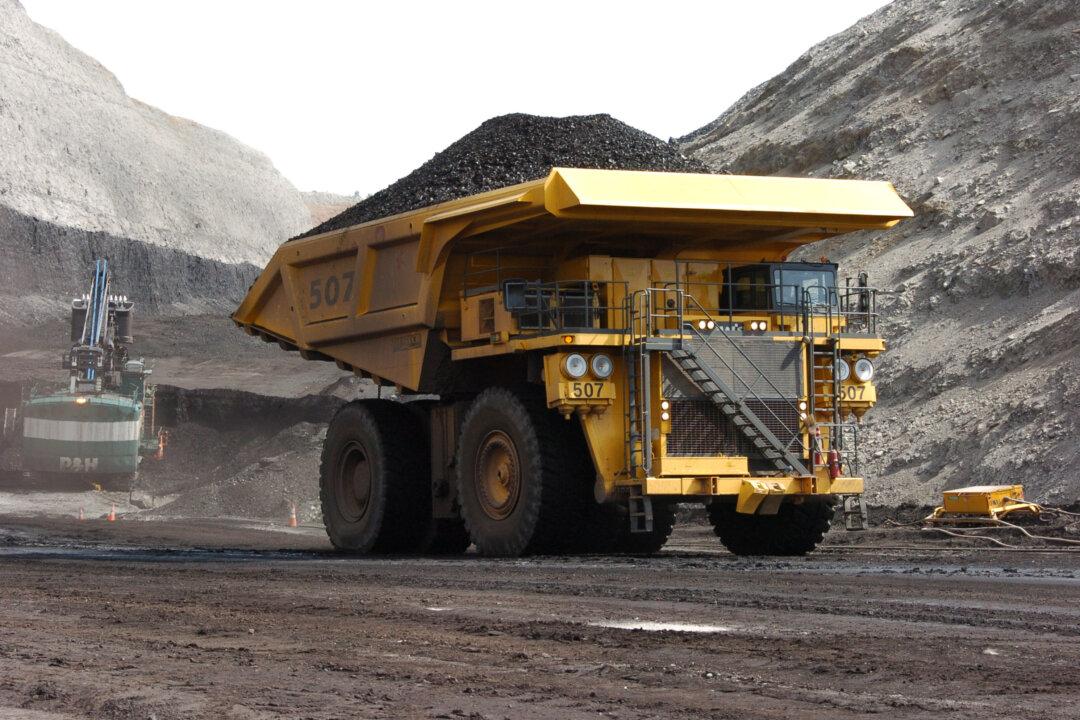In the past week, two Australian rare earth mining firms have advanced key projects that mark progress toward that nation’s goal of decoupling its rare earth supply chains from Chinese control.
In November last year, the Australian government signaled its intent to firm up the security of both nations by signing an agreement with the United States to begin exchanging information on critical minerals and establishing supply chains. Since then a flurry of new projects has started or been fast-tracked by the government.





